BSc Speech and Language Therapy Course -Colleges |Notes |Jobs: BSc Speech and Language Therapy Course: A BSc Speech and Language Therapy Course is offered by many Speech and Language Therapy (SLT) Colleges to prepare students with the needed skills and expertise to assess and treat communication and swallowing disorders. The program combines courses in linguistics, psychology, and medical sciences, with practical placements to enable practical learning. A Speech and language therapy jobs is available for the graduates in hospitals, schools, clinics, and private practice. They work with wide-ranging communities, helping people of all ages to enhance their speech, language and swallowing skills, which plays a vital role in their quality of life and social inclusion.
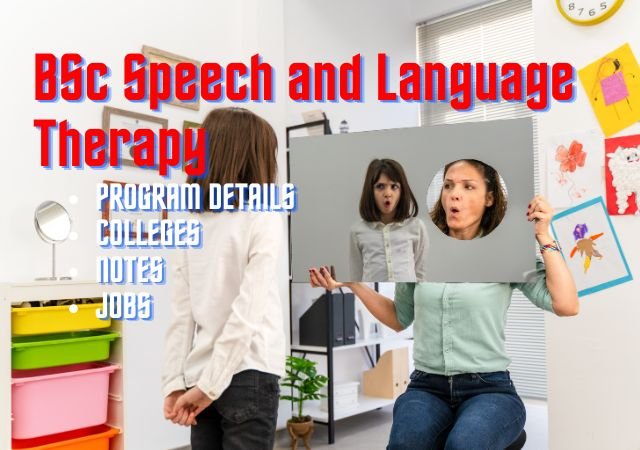
Program Title: BSc (Hons) Speech and Language Therapy
Country Origin: United Kingdom (UK)
BSc Speech and Language Therapy (SLT) Course Details
Bachelor of Science BSc Indiana in Speech and Language Therapy SLT is a Bachelor of Science also known as a first degree and award of an undergraduate program. The course emphasizes evaluation, diagnosis, and treatment of speech, language, communication, and swallowing disorders.
Key Features
- Duration: Typically 3-4 years full-time.
- Accreditation: The Health and Care Professions Council (HCPC) and the Royal College of Speech and Language Therapists (RCSLT) accredit courses.
- Placement: The course consists of extensive clinical placements in different settings (e.g., hospitals, schools, clinics).
- Entry Requirements: Typically A-levels (or equivalent) in science and related subjects. Some universities might ask for specific subjects such as Biology or Psychology.
Entry Requirements for BSc Speech and Language Therapy Course
Entry requirements to study BSc Speech and Language Therapy in the UK usually include:
A-level
We normally require grades AAB. No specific subjects are required, but a combination of science and arts subjects is advisable.
AS-level
At The University of Manchester, we do not include AS level results as part of the standard admissions consideration.
Unit grade information
The University of Manchester is committed to the publication of unit information where possible. This will be the name and/or code number of the appropriate unit or module you have completed. The information, like all other details provided by the applicant, may be taken into consideration in assessment of your application. Unit grades themselves are not usually included in the offer conditions.
GCSE
Applicants must demonstrate a broad general education with at least six GCSEs/iGCSEs at Grade C or 4 or above, including Mathematics, Grade B or 6 in English Language, and Grade B or 6 in one of Biology, Chemistry, Physics, or Science.
GCSE/iGCSE English Literature will not be accepted in place of GCSE/iGCSE English Language.
For those who hold English as a second language iGCSE qualification, an acceptable equivalent English Language qualification or a higher grade in iGCSE may be required. Please contact the academic School for further clarification.
Contextual Data Eligibility
- For applicants confirmed as WP+ using the University’s Contextual Data Eligibility tool, we allow a reduction of 2 grades on the overall GCSE requirements. However, no individual subject should be lower than C/4. English Language still requires a Grade B/6 due to the nature of the programme.
- For applicants confirmed as WP++ using the University’s Contextual Data Eligibility tool, we allow a reduction of 4 grades on the overall GCSE requirements. No individual subject should be lower than C/4, and English Language requires a Grade B/6.
Additional Requirements for International Students
Applicants should achieve 34points overall (higher-level subjects should be completed at 6,5,5 including a higher-level subject in a science (Biology, Chemistry, Physics, Maths, Psychology or Applied Science)
English Language Proficiency
All applicants will be required to show English language proficiency. The minimum requirements are:
- GCSE/iGCSE English Language grade C/4
- IELTS 7.0, with no component less than 7.0
- TOEFL (iBT) 100
- An acceptable equivalent qualification
Applicants for whom English is not a first language must not only meet these requirements but also note the high standard of English necessary for academic and clinical work. Furthermore, proficiency in multiple languages is highly valued in the audiology profession.
Furthermore, if you have an English as a second language qualification iGCSE you might have to obtain the equivalent or higher grade than the required. So it is best to check with your academic school to confirm.
Moreover, to apply for a Tear 4 visa for non-UK and non-EU students, UKVI has mandated the students to prove a minimum level of proficiency i.e. B2 in English. However, certain programs have an exemption for higher command levels. Please check with the university for information on policies for the English language and accepted qualifications.
English Language Test Validity
Several English language test scores are valid for just two years. Your test report must be valid on the date of commencement of the course.
Relevant Work Experience
Access to audiology work experience is limited, so it is not a requirement. Professional experience in audiology-associated settings including those within the private sector, charity sector, lip-reading classes, or tinnitus support groups can be useful.
Entry Requirements Depending on the College
Entry Requirements vary depending on the college you choose. For detailed Entry Requirements for each college, please click the link below.
- University of Manchester
- Birmingham City University
- City, University of London
- Leeds Beckett University
- Manchester Metropolitan University
- Queen Margaret University
BSc Speech and Language Therapy Course Fee
The first step towards taking admission for BSc Speech and Language Therapy is to know the admission fee for UK universities. The annual course cost for students in the UK varies from £9,250 to £10,000 on an average. For International students, the yearly tuition cost is normally higher about £20,000 – £25,000. Fees vary at your school of choice, so be sure to verify185.gov.au~185130037585654313980187m2__0~3. There can be scholarships or financial aid in the form of fee waivers, given by these organizations to cover the expenses as well.
BSc Speech and Language Therapy Course Curriculum
The BSc in Speech and Language Therapy (SLT) curriculum in the UK is a study programme that trains students to become qualified Speech and Language Therapists. The course lasts three or four years, blending theory and practice. This is an overview of what you can expect in such a program:
Year 1: Foundation
- Introduction to Speech and Language Therapy: Profession, roles, and responsibility of a Speech and Language Therapist.
- Anatomy and Physiology: Human anatomy and physiology, with special reference to the speech and hearing mechanisms.
- Linguistics and Phonetics: Introduction to linguistics: phonetics, phonology, syntax, semantics.
- Developmental Psychology: Learn about normative development of children, including cognitive, emotional and social development.
- Clinical Skills I: Fundamental clinical skills, including strategies for observation and assessment.
- Communication Disorders I: Overview of different communication disorders and their causes; introduction to intervention strategies.
Year 2: Intermediate
- Neuroscience for Speech and Language Therapy: Anatomic or pathological assessment of the nervous system in relation to speech and language.
- Speech, Language, and Communication Needs (SLCN): In-depth study of individual disorders i.e.; stuttering, aphasia, voice disorders, etc.
- Research Methods: Research MethodsIntroduction to research methodologies, qualitative and quantitative research, and evidence-based practice.
- Clinical Skills II: Do you want to know more Development of mid-level clinical skills in assessment and planning of treatment?
- Communication Disorders II: More advanced communication disorders, focusing on more complex cases.
- Language Development and Disorders in Children: Analysis and prevention of language disorders in children.
Year 3: Advanced
- Advanced Clinical Practice: Complex case management, and interdisciplinary practice.
- Adult Neurological Disorders: Study of adult neurological speech and language disorders.
- Dysphagia: Evaluation and treatment of swallowing problems
- Voice Disorders: A forum for the in-depth study of voice disorders, their assessment, and treatment.
- Research Project/Dissertation: Independent research project/dissertation on a topic pertinent to speech and language therapy.
- Professional Practice and Ethics: Professional Issues, Ethics and Legal Aspects of Practice.
Year 4 (if applicable): Specialization and Practice
- Special Topics in Speech and Language Therapy: Elective modules such as advanced study of autism spectrum disorders, of bilingualism, or of advanced neurogenic communication disorders.
- Extended Clinical Placement: Extended, more in-depth clinical placements for hands-on experience in different environments.
- Leadership and Management: Training children for leadership roles in clinical settings and a knowledge of healthcare management.
Clinical Placements
Trained on data up to Oct 2023 This curriculum encompasses comprehensive training aimed at students who plan to pursue a career in speech and language therapy, with an equal mix of theoretical learning and practical experience.
Assessment
Assessment methods vary but typically include:
- Written exams and quizzes
- Practical assessments and clinical evaluations
- Research projects and dissertations
- Reflective portfolios
- Group projects and presentations
Curriculums of Specific Colleges
For detailed curriculums of specific colleges, please click on the respective college links.
- University of Manchester
- Birmingham City University
- City, University of London
- Leeds Beckett University
- Manchester Metropolitan University
- Queen Margaret University
Key Skills Developed
- Analytical and problem-solving skills
- Clinical reasoning and decision-making
- Effective communication and interpersonal skills
- Research and evidence-based practice
- Ethical and professional conduct
This curriculum provides a comprehensive foundation for students aiming to pursue a career in speech and language therapy, blending academic knowledge with extensive practical training.
BSc Speech and Language Therapy Course Colleges in UK
Here are the universities in the UK offering the BSc Speech and Language Therapy course, including the specified institutions:
- University of Manchester
- Birmingham City University
- City, University of London
- Leeds Beckett University
- Manchester Metropolitan University
- Queen Margaret University
University of Manchester
The University of Manchester offers a BSc Speech and Language Therapy program designed to provide comprehensive training in the assessment and treatment of speech, language, communication, and swallowing disorders.
Birmingham City University
Birmingham City University (BCU) The BSc (Hons) Speech and Language Therapy at BCU is also a longer course but includes professional placements elements in the working week.
City, University of London
The BSc (Hons) Speech and Language Therapy course from City, University of London incorporates functional academic study with clinical placements to provide students with the skills to become speech and language therapists.
Leeds Beckett University
Leeds Beckett University, BSc (Hons) Speech and Language Therapy Course. Graduates leave as competent and confident speech and language therapists having developed sound theoretical knowledge and skills through extensive clinical practice.
Manchester Metropolitan University
At Manchester Metropolitan University, you will be able to study a BSc (Hons) Speech and Language Therapy program that incorporates practical skills, theoretical knowledge, and professional competencies required for the profession.
Queen Margaret University
BSc (Hons) Speech and Language TherapyQueen Margaret University, Edinburgh This course covers the scientific, clinical, and professional components of speech and language therapy in a way that prepares students for a career in the profession.
The universities provide programs that include classroom education and clinical training to facilitate students to pursue careers as speech and language therapists.
BSc Speech and Language Therapy Course Accreditation and Certification
Accreditation and certification By making sure that all BSc Speech and Language Therapy programs across the UK are tied to maintaining a high standard. These are designed to ensure that the programs meet the expectations of both the industry and potential employers in preparing students for their roles as professionals. So now, let’s discuss the primary accrediting bodies and certification processes for all of these programs.
Royal College of Speech and Language Therapists (RCSLT)
The RCSLT (Royal College of Speech and Language Therapists) is the professional body that is responsible for BSc Speech and Language Therapy accreditation ( and User Engagement certification ) in the UK. This independent accreditation by the RCSLT, our professional body of speech and language therapists in the UK, it confirms that the course is aligned with best practice in education and training to support students in becoming future practitioners.
RCSLT accreditation is granted following an in-depth review of the course content, educational philosophy, clinical practice opportunities and the environment in which students receive their education. RCSLT accredited programs provide a balanced education that includes theory, applications and clinical competence.
There are numerous universities throughout the UK and Ireland that offer BSc Speech and Language Therapy programs accredited by RCSLT, who as a result are eligible for both RCSLT membership and certification. This means that the therapist has demonstrated attainment of the core skills of practice, professional standards, as well as ethical values that are deemed necessary to work as a qualified professional in UK practice.
From choosing an RCSLT-accredited course both students and potential employers know that the individuals have studied a course that is both at a high standard and respected within the field of speech and language therapy.
The Health and Care Professions Council (HCPC)
The HCPC is a statutory regulator, which means it establishes standards for training, performance and conduct within the healthcare professions, including Speech and Language Therapy. It:
- Approves and monitors education and training programs.
- Ensures graduates meet eligibility criteria for registration as audiologists.
- Mandates registration with HCPC for practicing audiologists in the UK.
Benefits of Accreditation
Accredited programs offer numerous advantages:
- Quality Assurance: They adhere to high educational standards.
- Professional Recognition: Graduates are esteemed as qualified professionals.
- Employability: Employers favor graduates from accredited programs due to their industry-aligned education.
- Continuous Professional Development: Accredited programs serve as a springboard for ongoing learning and career advancement.
With the accreditation and certification process in place, BSc Speech and Language Therapy courses in the UK prepare future Speech Therapists to excel in their careers with stringent training.
Detailed below are the standards for the Accreditation and Certification/Registration as well as implementation processes from the Health and Care Professions Council (HCPC) Education, Accreditation and Professional Development Committee.
- Royal College of Speech and Language Therapists (RCSLT)
- The Health and Care Professions Council (HCPC)
BSc Speech and Language Therapy (SLT) Course Notes
This page provides comprehensive detailed Notes about the BSc Speech and Language Therapy course in UK.
BSc Speech and Language Therapy Course Salary in UK
In the UK, salary for the graduates of a BSc Speech and Language Therapy course will depend on the level of experience, place of work and employer domain.
Starting Salary
Most junior speech and language therapists join the NHS Agenda for Change (AfC) pay scale at Band 5, earning between £28,407 and £34,581 a year.
Experienced Salary
As they gain experience, speech and language therapists can move up to Band 6, which pays between £35,392 and £42,618 a year. Senior or specialist speech and language therapists (Band 7) earn between £43,742 and £50,056 a year.
Highly Experienced Salary
Thoroughly experienced therapists (working in management or specialist positions) can be at Band 8a and above, earning between £50,952 to £57,349 or a greater amount.
Private Sector and Other Settings
Salaries may also differ depending on whether one is in the private sector or works independently, but usually correlate with NHS pay scales. Private practice could net higher fees if you have clientele or are in a certain area.
These numbers are estimates and can also depend on things like geographic region, specific employer policy, and personal qualifications and experience.
FAQs related to BSc Speech and Language Therapy Course -Colleges |Notes |Jobs
The BSc Speech and Language Therapy course usually takes 3-4 years to complete, if studying full-time. This spans both theoretical learning and significant clinical placement hours.
The course includes practice and theory. In the course of their studies, students learn to assess, diagnose, and treat speech, language, communication, and swallowing disorders. Subjects studied include anatomy, physiology, linguistics, phonetics, developmental psychology, and clinical skills, with clinical placements in hospitals, schools, and clinics.
The BSc Speech and Language Therapy course is offered by a number of universities in the UK, including:
University of Manchester
Birmingham City University
City, University of London
Leeds Beckett University
Manchester Metropolitan University
Queen Margaret University
Yes, in different parts of the UK there are several jobs within speech and language therapists. This means that graduates can work in the NHS, private practice, schools, clinics and various other healthcare settings. It is always in demand to produce skilled speech and language therapists to help the people dealing with communication and swallowing disorders.
To become a speech and language therapist in the UK, you typically need:
A BSc in Speech and Language Therapy from an accredited program.
Registration with the Health and Care Professions Council (HCPC).
Relevant A-levels (or equivalent) for entry into the university course, often requiring grades of AAB, with recommended subjects in science or arts.
Demonstrated English language proficiency, such as a GCSE/iGCSE English Language grade B/6 or equivalent. For non-native English speakers, additional qualifications like IELTS or TOEFL may be required.
References for BSc Speech and Language Therapy Course -Colleges |Notes |Jobs:
- Royal College of Speech and Language Therapists (RCSLT)
- The Health and Care Professions Council (HCPC)
- University of Manchester – BSc Speech and Language Therapy (SLT)
- Birmingham City University – BSc Speech and Language Therapy (SLT)
- City, University of London – BSc Speech and Language Therapy (SLT)
- Leeds Beckett University – BSc Speech and Language Therapy (SLT)
- Manchester Metropolitan University – BSc Speech and Language Therapy (SLT)
- Queen Margaret University – BSc Speech and Language Therapy (SLT)
You are reading about:
BSc Speech and Language Therapy Course -Colleges |Notes |Jobs

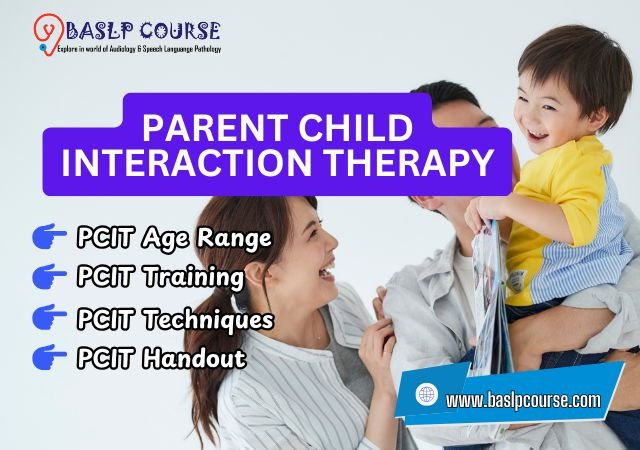
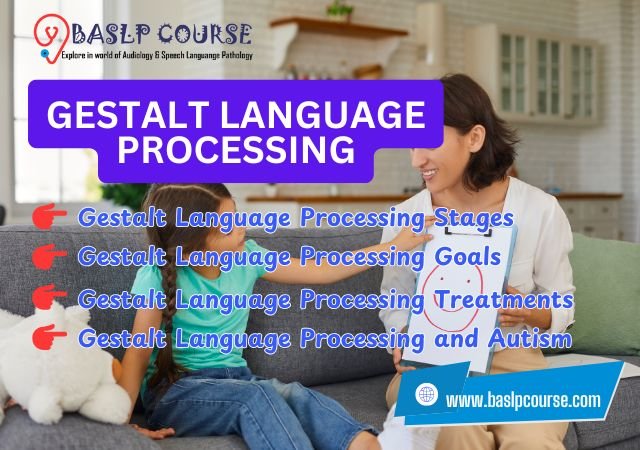
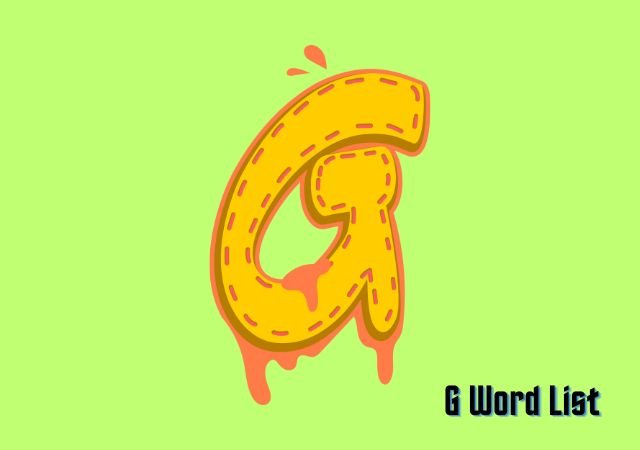


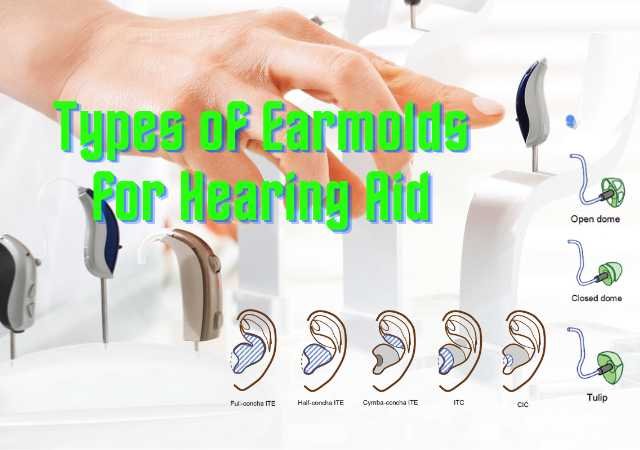
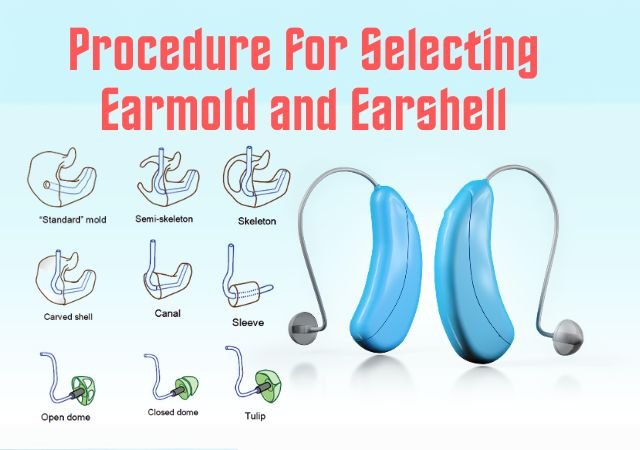
0 Comments